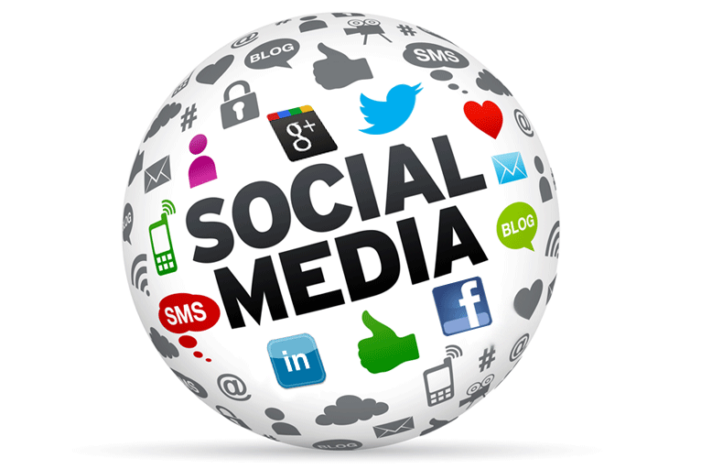“Public health priorities do not always align with community priorities, and the success of public health efforts often depends on having a plan to address community concerns,” said Daniel Stokes, a research fellow with the Center for Emergency Care Policy and the Center for Digital Health at Penn Medicine. “Having a source like Reddit that is directly tied to people’s thoughts could prove invaluable in crafting plans that meet people where they are.”

Researchers said real-time monitoring of Reddit could have allowed for a nimbler response during a surge of questions around whether it was safe to go outside in mid-March when the US Centers for Disease Control and Prevention (CDC) did not issue official guidelines for safely enjoying parks and outdoor activities until early April. If there had been more monitoring of online discussion activity on just Reddit, the guidance could have been issued closer to the peak of interest, said Stokes.
As a conduit directly to the thoughts of some, Reddit is also valuable because it is the place where some of the “infodemic” –the plague of misinformation about COVID-19–has spread. Examples include one Reddit poster’s belief that a natural remedy like licorice root might prevent COVID-19 infection, or another’s thought that the virus was human engineered. Here, too, a quick, tailored response from public health officials could lead to more fact-based and productive discourse.
To identify surges of interest in the public, the study’s researchers collected nearly 95,000 posts from March 3 through March 31, 2020 on the most popular COVID-19 thread on Reddit, r/Coronavirus. It had 50 different discussion topics through a machine learning technique of natural language processing. And, 10 of those topics were determined to be most related to three areas of interest in the study:
— the response to public health measures,
— the sense of the pandemic’s severity, and
— its impact on daily life.
By tracking how the popularity of these topics varied day-by-day, the team was able to demonstrate how areas of interest ebbed and flowed, say, hand-washing was found to peak early, between March 3 and 6, while concern about personal finances was discussed roughly 50 percent more by the end of March as compared to the beginning. The analysis showed some topics popular at the start of the month remained on top, or had a comeback later in the month, such as the case for mask-wearing.
“The CDC didn’t make their recommendations on wearing masks in public until early April, so it is interesting to see that masks were being discussed a great deal prior to that recommendation,” Stokes said. “Perhaps it was a sign that many people were ready for these guidelines earlier.”

The team hopes to continue to track and analyze posts on this COVID-19-specific thread. In another effort from Penn’s Center for Digital Health, led by Raina Merchant, MD, an associate professor of Emergency Medicine, they collected similar data through Twitter across the United States.
“We are aiming to incorporate input from several digital sources that would allow us to not just track the public’s sentiment and perception of the virus, but also track, in real time, the emergence of new outbreaks,” said Merchant, author of the study published in the Journal of General Internal Medicine.
Stokes and Merchant believe that such insight will be heeded by public health officials to better combat the spread of misinformation that accompanied the COVID-19 outbreak. “Early comparisons to the flu on Reddit may have indicated a gap in public understanding of pandemic severity. Recognizing such gaps can be useful in developing targeted campaigns to close them,” Stokes said.


Pingback: Reddit study finds peak of public interest in COVID-19 topics in March itself, so is Twitter - Actionable Insights